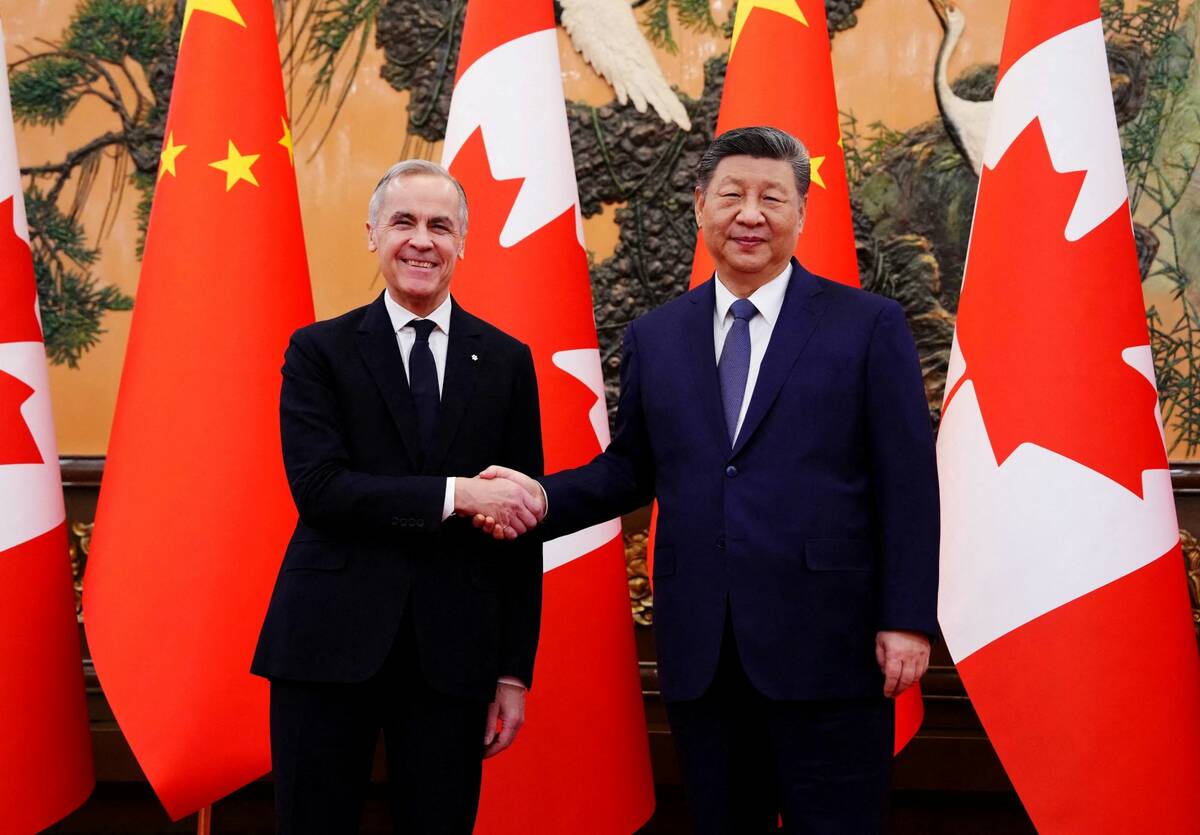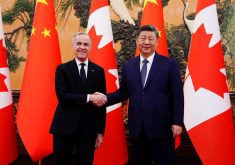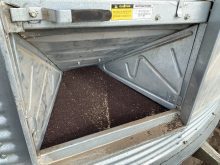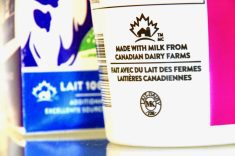The world’s longest undefended border is attracting a great deal of attention these days, ever since certain folks south of that border began talking about taking an eraser to it.
A foreign policy analyst recently dismissed musings by U.S. president Donald Trump about the merits of his country annexing its northern neighbour as “trash talk.”
At first, that’s how many residents north of the border approached this bizarre episode in American-Canadian relations.
Read Also

Pragmatism prevails for farmers in Canada-China trade talks
Canada’s trade concessions from China a good news story for Canadian farmers, even if the U.S. Trump administration may not like it.
Prime minister Justin Trudeau has dismissed it as a distraction and even tells an amusing story about the ongoing saga.
According to the prime minister, the United States’ annexation of Canada came up in a conversation he had with Trump shortly after the American election. Trudeau says he responded by suggesting that maybe Canada could trade parts of itself for California and Vermont, and Trump “immediately decided that it was not that funny anymore and we moved onto a different conversation.”
Since that meeting, Trump has doubled down on his annexation argument multiple times.
At first blush, one could easily wonder what would be so terrible about Canada becoming part of the U.S.
We share very similar cultures, largely because of the Americans’ oversized influence in Canada.
Many argue that Canada would be so far removed from the D.C. power circle that it would be left with no voice in government. For farmers, the government support programs might change, but the business of producing food would continue.
And yet, with that said, many of us are still repulsed by the notion of joining the U.S.
Why is that? What makes us distinct from our southern neighbour?
Efforts to define a Canadian identity have been going on for as long as the country has existed.
Former prime minister Jean Chretien took a stab at it in a recent op ed that strenuously rejected merging with the U.S.
“We have built something here that is the envy of the world — when it comes to compassion, understanding, tolerance and finding a way for people of different backgrounds and faiths to live together in harmony,” he wrote.
That may be true, but those attributes can also be found in the U.S. and other countries around the world. They’re not exclusive to us.
What sets us apart is a shared history that is much different from what developed in the U.S. This has its roots in our origin story — one of evolution rather than revolution, two founding colonial cultures (French and English) instead of just one and a much lengthier relationship with Great Britain than what was seen in the U.S.
The results of this may be hard to define in so many words, but they’re real and have forged an identity of which we can all be proud.
Annexation musings may just be “trash talk,” but they should also unite us in our full-throated support for this grand experiment we call Canada.















